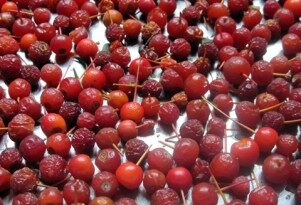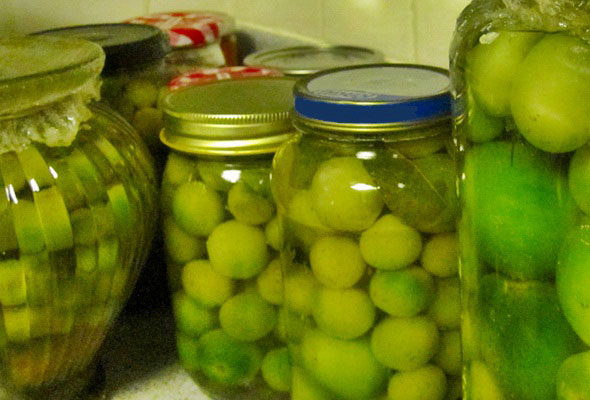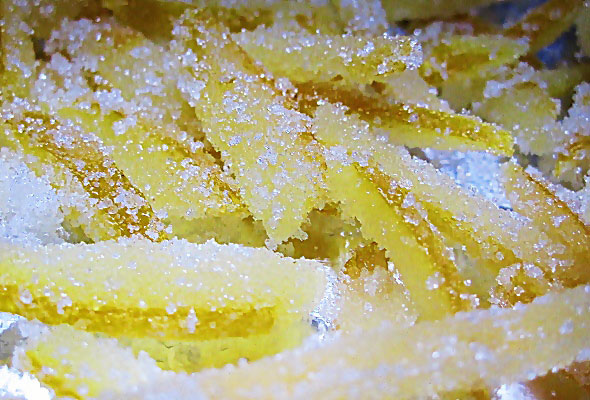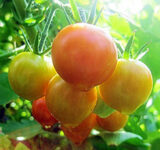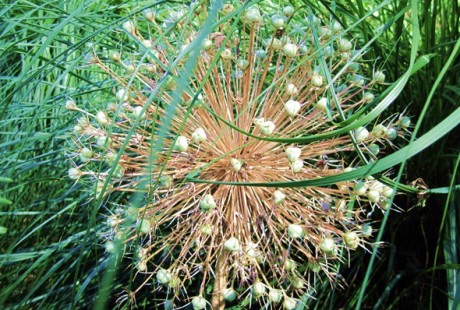caring for indoor plants
Plants that grow in a pot on the window sill like pretty much the same things as the ones cultivated in the garden: a good amount of natural light, sufficient water and a little bit of help in the form of fertilizer every now and then. That being said, indoor plants have their own set of needs that have to be addressed in order to keep them healthy and, fingers crossed, blooming, and they are as follows.
Direct sunshine is great, but not so much when being amplified through glass. This can scorch the leaves of the more sensitive shade loving plants, and many of the indoor varieties fall into this category.
Plants, especially those you usually grow outside, don’t appreciate conditioned environments, with Goldilocks temperatures, diminished light and lack of air movement. Keep an eye out for diseases and don’t over water, because it will encourage root rot.
Don’t under water either, their roots can only draw so much moisture from a dried up pot, they won’t wilt as fast as they do outdoors in the summer, but wilt they will. The rule is to let the dirt dry out before you water and water to saturate the medium when you do.
Feed them a good fertilizer formulated for indoor plants and follow the instructions on the bottle to the letter, overfeeding can acidify the soil and burn their roots. Don’t skip feeding them, though, they really need the nutrients, especially if you want them to bloom.
Speaking of bloom, many indoor plants do so in winter. Just like warm weather plants go dormant during the cold season, these winter lovers like to rest over the summer, and some of them die down to the ground in July and August. Don’t feed during this time and significantly cut down on watering.
Turn the pots around periodically, to discourage lopsided growth.
Last, but not least, every time you move the plants in and out of the house they will be stressed out. Sometimes they lose their leaves, be patient with them, if they were healthy to begin with, they will recover. However, they are better off without the stress of adjusting to completely different growing conditions, so if they seem happy in the spot they are, leave them there, regardless of the season, they will be healthier that way.




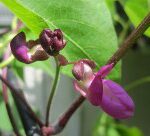 Previous Post
Previous Post
